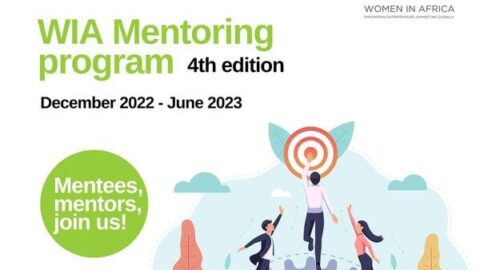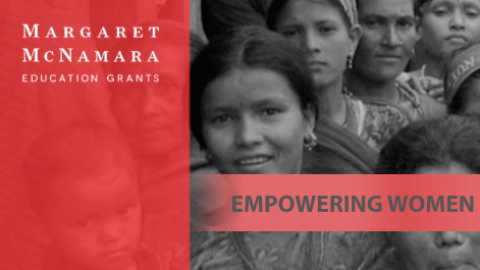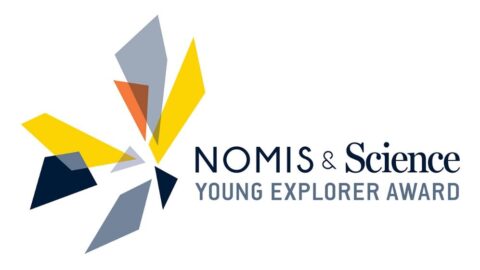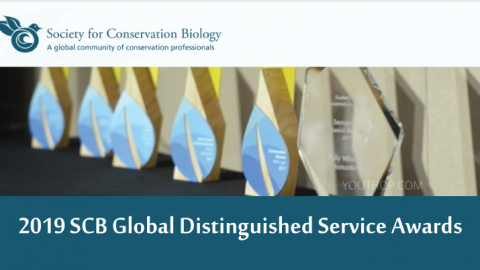Nigeria, as one of the most populous countries in Africa and has experienced significant population growth of 372.8 percent from 1960 to 2021 [World Data, 2021]. While this large population has the potential to contribute to the nation’s development, it also poses challenges in achieving important development goals, including poverty eradication, hunger reduction, and the improvement of maternal and infant health. The 2018 Nigeria Demographic and Health Survey reveals concerning trends in sexual behaviour and reproductive health, with 12 percent of females aged 15-24 in Nigeria engaging in sexual intercourse before the age of 15. The fertility rate is relatively high at 100 births per 1000 women, indicating a need for effective family planning services. The contraceptive prevalence rate among married women is currently at 17 percent, underscoring the significant unmet need for family planning.
Further analysis of the data highlights regional disparities in contraceptive use, with modern contraceptive prevalence reported at 2.1 percent in Sokoto state and 16.6 percent in Ogun state among currently married and sexually active unmarried women aged 15-49. These variations underscore the necessity for targeted interventions and improved access to family planning services across different regions of the country.
Many sexually active adolescents and young people desire to delay pregnancy and prevent sexually transmitted infections. Yet, they face obstacles such as limited understanding, inadequate access to healthcare services, and insufficient support from influential individuals to initiate or sustain contraceptive use. Research has consistently shown that family planning is a highly effective public health intervention that protects women and girls from high-risk pregnancies, unplanned pregnancies, unsafe abortions, and sexually transmitted infections, including HIV/AIDS, through the use of various contraceptive methods.
Scope Of Work
This consultancy will focus on
- Developing tailored messaging and materials that address tertiary students’ specific concerns and needs, considering their academic workload, career aspirations, and personal relationships. Highlight the benefits of family planning in achieving educational goals and future aspirations.
- Work with the YouthHubfrica team and partners to decide on the specifics of IEC materials to be used.
- Submit a final report to YouthHubAfrica
Key Deliverables
- Tailored messaging and materials that address tertiary students’ specific concerns and needs, considering their academic workload, career aspirations, and personal relationships. Highlight the benefits of family planning in achieving educational goals and future aspirations.
- A brief report detailing key tailored messaging, materials, and other specific details on the use of messaging and brand-related considerations.
Implementation States: Obafemi Awolowo, Ile Ife, Osun State
Delivery Date: The first draft of Key messages and IEC should come in 5 Days after the contract is signed. The drafted report will be emailed to the Program Officer in charge of SRHR.(shumty@youthhubafrica.org)
Duration: 2 Weeks. We expect the first draft of report after two weeks, and the final draft after feedback has been given to the consultant.
Qualification:
- At least 4 years of experience in youth health communication and youth and adolescent health development.
- Proven Message and IEC development experience
- Experience working with international organisations is an advantage
Interested candidates should send a CV or organisation profile (No longer than three pages) and a cover letter to apply@youthhubafrica.org using “Consultancy: “Message Development” as the subject.
Deadline: November 30, 2023







